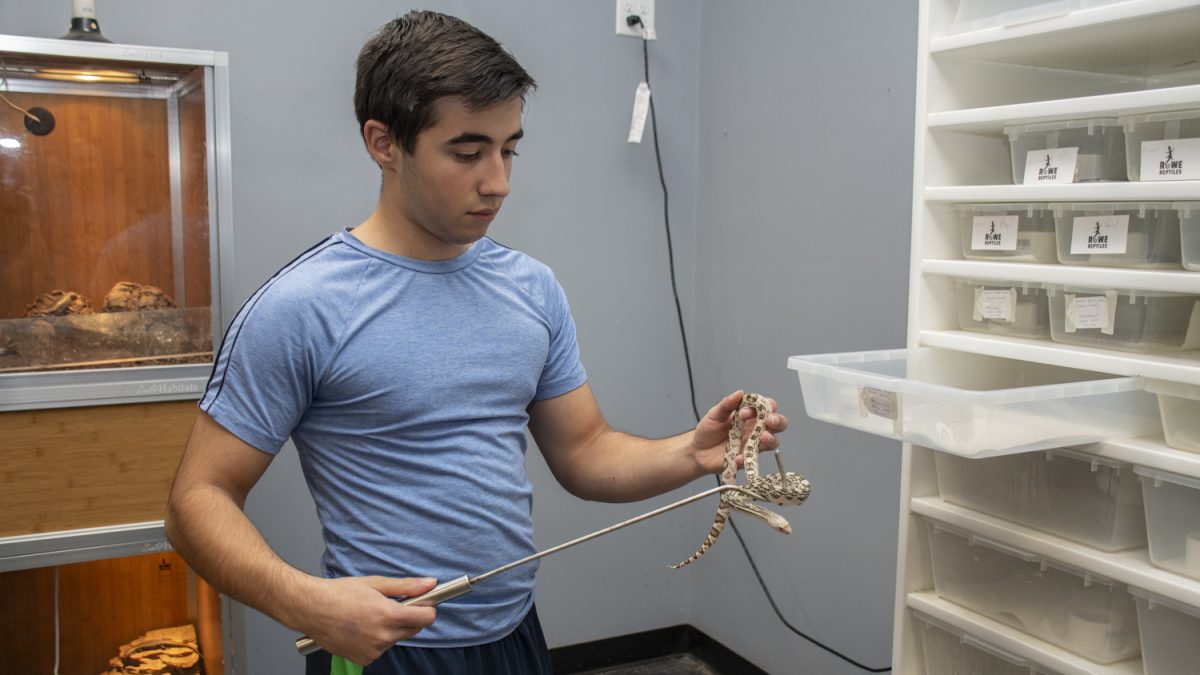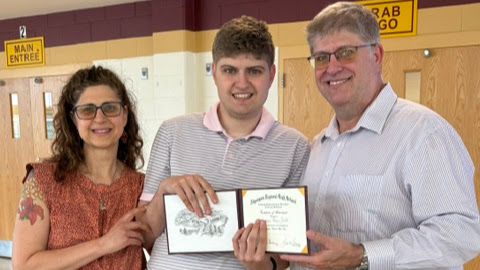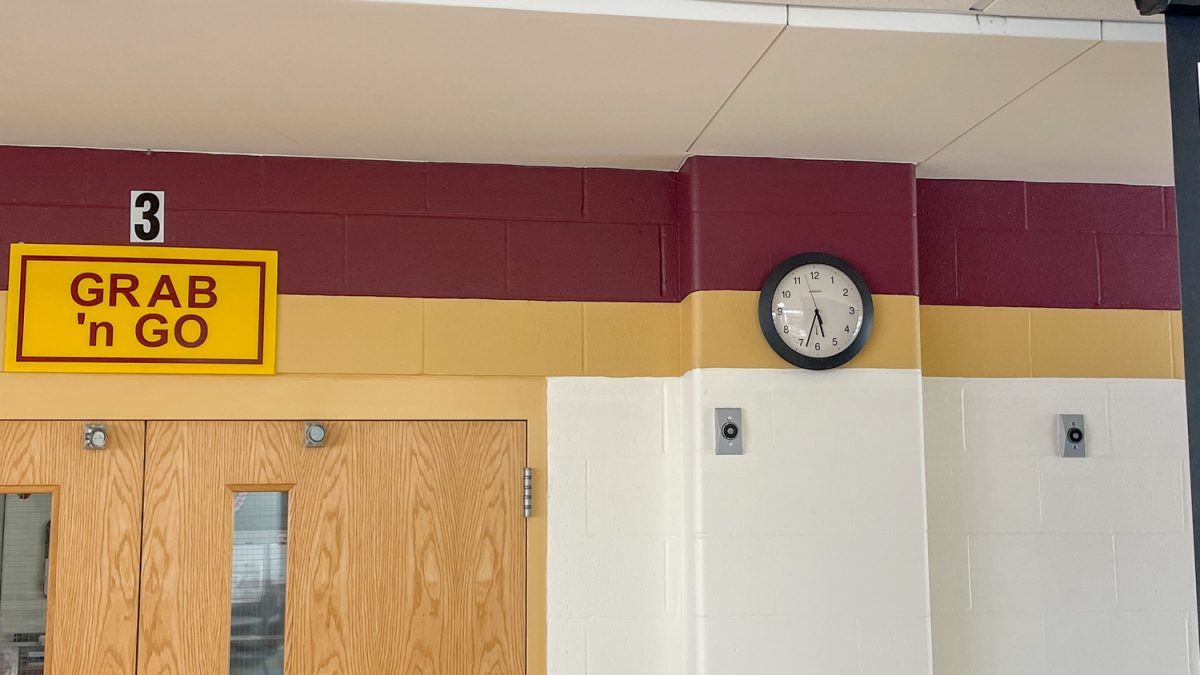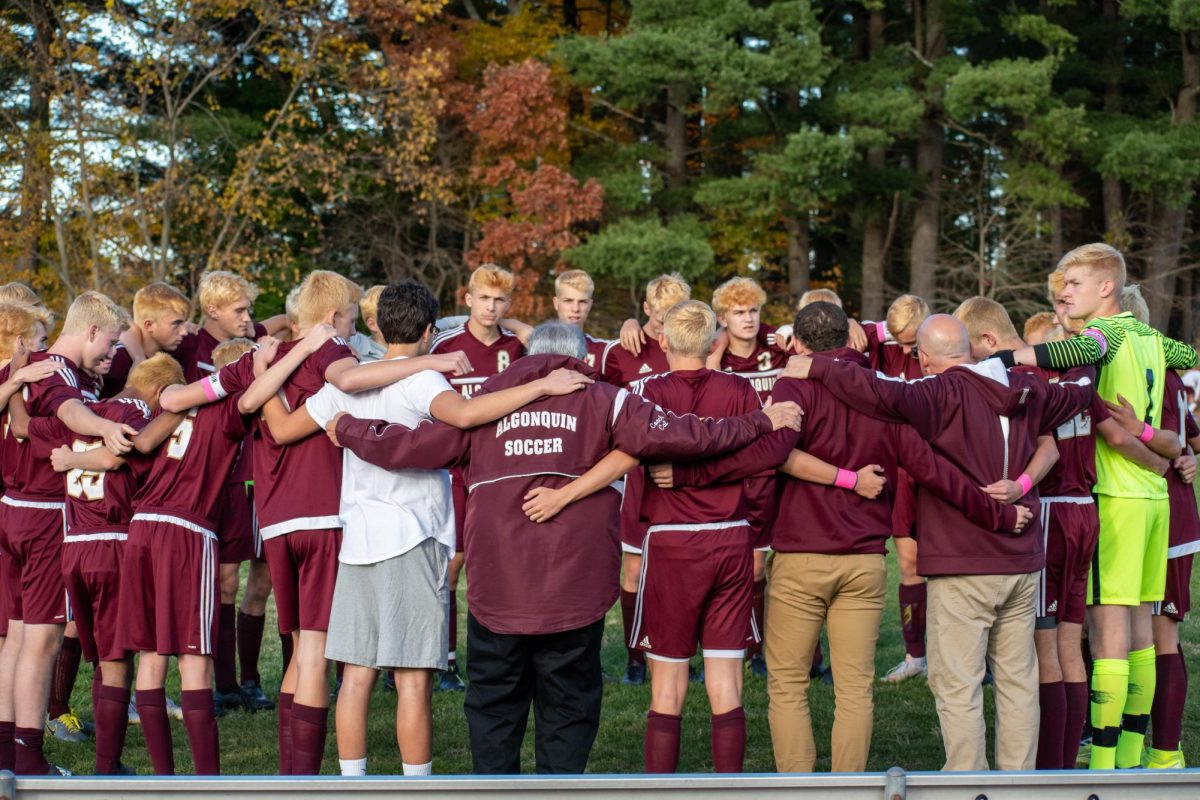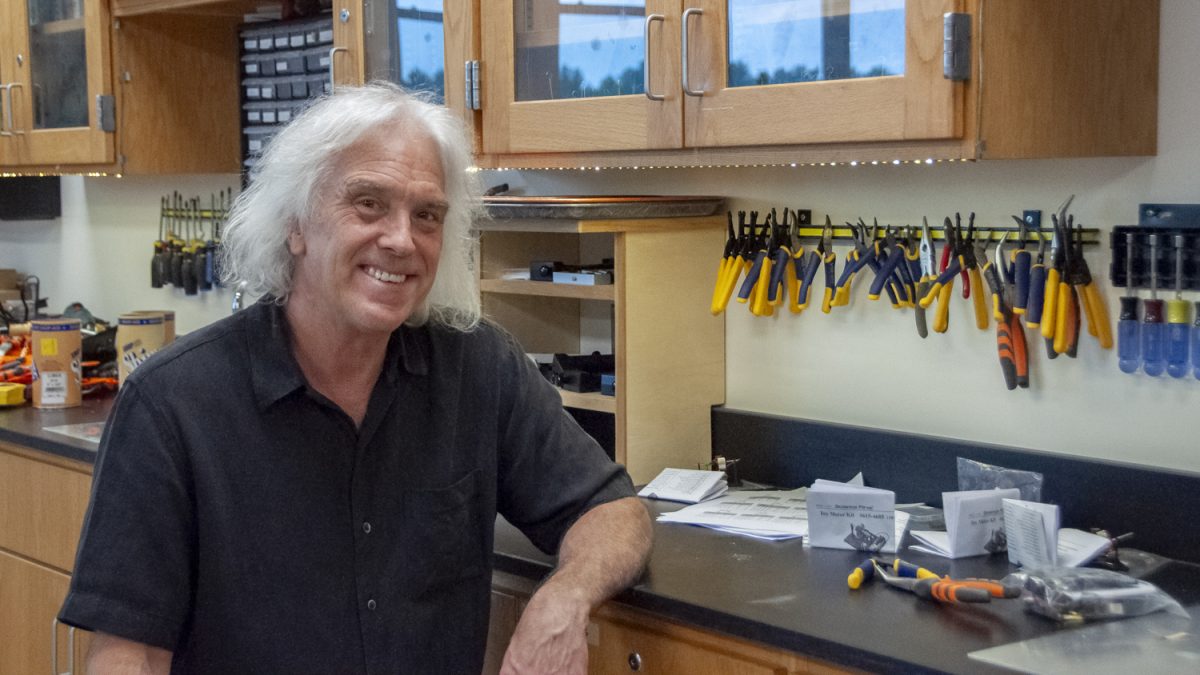While it’s common to have one or two pets at home, junior Ibs Rowe has over 200. A 1,500-square-foot barn on his property houses hundreds of reptiles and holds memorable experiences along with a passion for his future.
For as long as he can remember, Rowe’s life has revolved around reptiles. Many of his core childhood memories and moments stem from his interactions with reptiles.
“I’ve had animals since before I could walk,” Rowe said. “I played with snakes and rode giant lizards when I was a baby.”
During the COVID quarantine, Rowe and his family housed over 500 reptiles. Although this number has decreased, there are currently 20 snakes (most of them being Christmas Tree Gophers and Spotted Pythons), 15 armadillo lizards, 35 iguanas, one Lace Monitor and two Blue Iguanas. His biggest reptile is the 9-foot carpet python and Rowe’s oldest pets are his ten 22 year-old lizards.
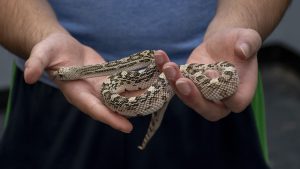
Rowe and his family sold 300 reptiles to focus on armadillo lizards because they are rare and cost more than other reptiles, and because Rowe and his family can make money on the armadillo lizards. An armadillo lizard is a brown lizard around 10 inches long. On the other hand, the Rowe’s house only has one Lace Monitor, which is named unlike some of the family’s other reptiles.
“Tucks is a Lace Monitor, which is in the same family as Komodo dragons,” Rowe said.
Once or twice a week, Rowe goes into the barn for 90 minutes to feed all the reptiles from the shipment of reptile food that comes in once a week.
“We’ll feed the lizards crickets and the bigger lizards rats, while the snakes get mice or rats,” Rowe said.
Living and playing with reptiles before Rowe could walk, and continuing to live with them throughout his childhood, has shown him responsibility and impacted his perception of life.
“[They] really showed me the life cycle of things and showed me how amazing things are,” Rowe said.
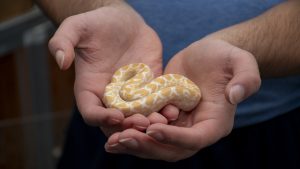
Living with reptiles does have its difficulties. One is finding someone to babysit all the reptiles when the family travels. Another difficulty is figuring out how to deal with the weather, especially New England winters.
“If you have a building full of animals and they have enclosures then they create a lot of heat, and you actually need a lot of AC so the building doesn’t overheat,” Ibs’s father Dan Rowe said.
Dan Rowe said that the most memorable moments happen when something shocking occurs, like when an animal jumps unexpectedly on your shoulder.
“Sharing those moments when we got a new animal or hatched out a baby is always a good moment,” Dan Rowe said.
When he gets older, Rowe wants to be an environmental scientist and help others grow with reptiles just as reptiles have helped him to grow.
“I want to move down South; the animal laws are not as restricted, so I can have a lot of more animals,” Rowe said.




